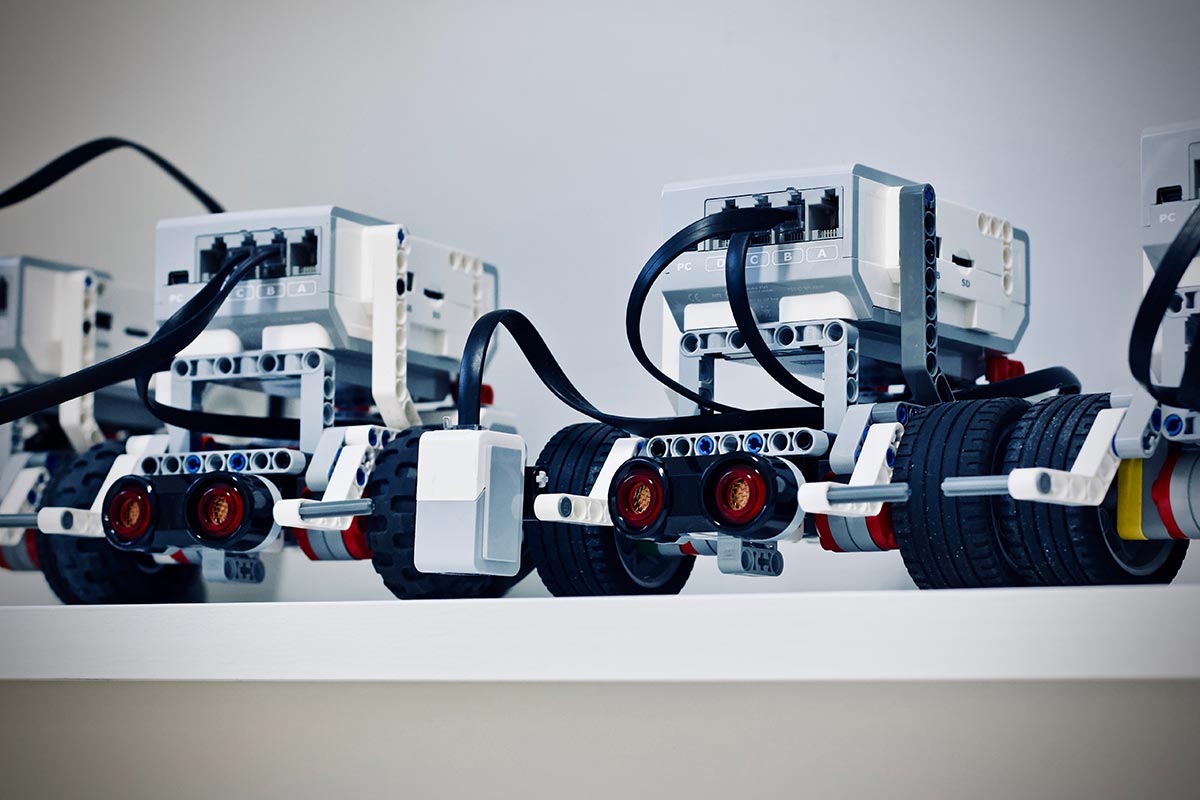Artificial intelligence will change everything. This huge computational power will bring profound transformations in lives and organizations. Some will thrive and many will vanish. Which organizations are in danger? Those that will keep neglecting the role of human nature and psychology it this evolutionary leap. Naturally, all want to avoid possible backfires while moving towards desired goals.
“Attention, the world is becoming immensely different already today!”
How artificial intelligence transforms organizations?
Ongoing digital transformation is already imposinghuge changes on organizational performance. Initially, such transformation process makes organizations digitized, and then digital. First, it helps reaching operational excellence by digitizing traditional products and services. Then, it enables rapid organizational innovation through the creation of new customer value propositions. Artificial intelligence is accelerating both, thus empowering successful organizational changes.
Remember, while artificial intelligence capable of making fundamental transformation, people are still at the core of achieving organizational hyper-performance. Why? Because, human factors, such as decision making and behavioral choices, continuously influence and determine the level of success and results for the majority of organizations. Therefore, artificial intelligence should be well prepared to manage the peculiarities of human psychology and neurology.
How human psychology affects organizational performance?
People continuously strive to use technologies for improving lives and organizations, often presuming that the magic of transformation happens only outside of human beings. Unfortunately, that trajectory has hijacked the major share of our attention. Thus, many tend forgetting that the only true transformation can happen inside of a person, inside an organization of these people.
If people don’t change, nothing much can be achieved with artificial intelligence. A true transformation is possible, when a deep understanding of human change psychology is immersed in the design of future technology-driven workplaces. When artificial intelligence is supporting and empowering human transformation, starting from an individual and scaling up to organizations and societies.
How artificial intelligence accelerates hyper-performance?
Creative design ways that enable employees observing instant feedback are fundamental for sustaining any genuine organizational transformation. Once that mindset is embraced, organizations can start thinking about ways how artificial intelligence can help accelerating necessary transformations toward hyper-performance.
Artificial intelligence is already helping organizations to manage increasing loads of exponentially growing data volumes, thus enabling rapid behavioral pattern recognition. That helps to narrow down and locate groups of people with distinct behavioral deviations, which highlights a possibility of having a common attitudinal barrier behind their underperformance.
So, now what to do next?
First, embracing the fact that the most resilient hindrance for an organizational performance stems from the poor attitudes that employees maintain already for a long time. Second, understanding human change and finding efficient strategies to empower attitudinal transformations. Third, consulting with technology developers that design disruptive innovations for transformative user experiences.
Forth, integrating technologies that provide quick and relevant feedback for sustaining the envisioned changes. Fifth, accelerating any desired transformation through the immense power and capabilities of artificial intelligence. Sixth, benefitting from a transformation design methodology that is made accessible for organizational applications already today (available online: AgnisStibe.com).





